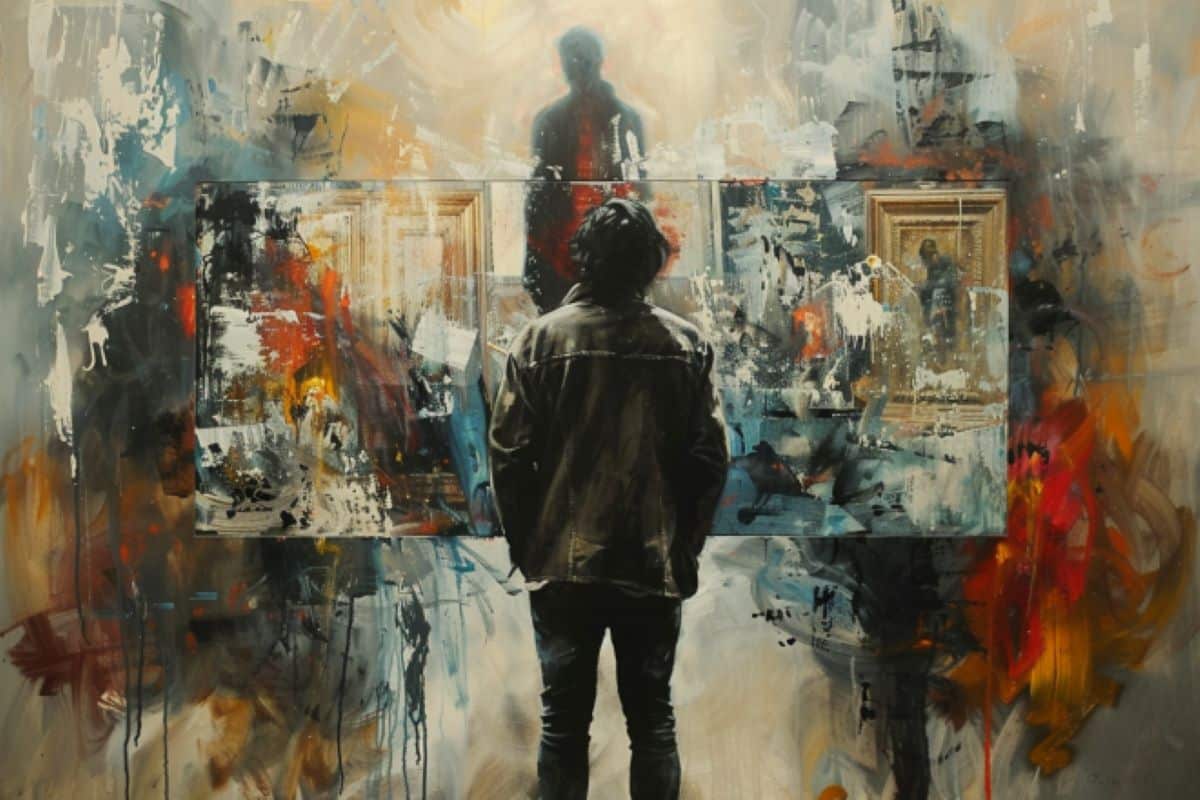Summary: Researchers conducted a neurocognitive study revealing that negative information about an artist alters how their artwork is perceived and evaluated, regardless of the artist’s fame. Participants assessed artworks before and after being exposed to negative or neutral biographical details about the artists, with results showing that negative knowledge influenced not only the emotional response but also the perceived quality of the artworks.
EEG recordings used during the evaluations indicated that negative information impacts basic visual processing and early emotional arousal. This study underscores the difficulty of separating art from the artist, highlighting how personal opinions about an artist can influence the reception of their work.
Key Facts:
- Impact on Perception: Negative biographical information about artists leads to significant changes in brain activity related to how their art is perceived and emotionally processed.
- No Fame Immunity: The fame of an artist does not mitigate the negative impact of undesirable personal information on the perception of their artwork.
- Empirical Insights: The study provides empirical evidence to a largely theoretical debate on whether art can be appreciated independently of the artist’s personal life.
Source: Humboldt-Universität zu Berlin
A neurocognitive study by researchers at the Institute of Psychology at Humboldt-Universität zu Berlin (HU) shows that negative knowledge about an artist influences the perception of the artwork, regardless of the artist’s level of fame.
Can we separate art from the artist? History is littered with examples of famous artists who have fallen into disrepute due to controversial statements, beliefs or actions.
How does this biographical knowledge affect the perception and reception of their art? Against the backdrop of recent revelations and allegations of abuse in the MeToo debate, this question has taken on a new public dimension. Experimental research on this has been scarce to date.
In a study at the Institute of Psychology at the HU, participants evaluated a series of paintings in terms of the dimensions of liking, arousal and quality before and after they had received socially negative or neutral information about the respective artists.
The painters were either famous (e.g., Salvador Dalí) or unknown. After the participants had memorized the knowledge, their brain activity was recorded using an electroencephalogram (EEG).
Brain activity shows the influence of negative knowledge
With the help of the EEG, fast, involuntary reactions of the brain can be distinguished from slower, more controlled reactions.
In the study, now published in the journal Scientific Reports, paintings by artists who were associated with negative social–emotional knowledge led to a change in brain activity, which indicates differences in the processing of basic visual perception and is also manifested by an early onset of emotional arousal.
Knowledge about the artist, on the other hand, had no influence on the controlled cognitive processing that occurred later.
“The investigated changes in the brain indicate that the image is not only evaluated differently, but also perceived differently,” says Rasha Abdel Rahman, Professor of Neurocognitive Psychology at Humboldt-Universität zu Berlin.
Fame does not protect against negative perception
The results showed that paintings by artists about whom socially negative biographical knowledge was available were rated less favorably by the study participants, led to greater arousal and were judged to be of poorer quality than paintings by people about whom neutral information was provided.
The fame of the artists could not protect their paintings from this effect.
The study also shows that in order to address fundamental questions—such as the separation of art and artist—to which theoretical answers are usually sought, empirical approaches can provide important additional insights.
About this psychology and art perception research news
Author: Kathrin Anna Kirstein
Source: Humboldt-Universität zu Berlin
Contact: Kathrin Anna Kirstein – Humboldt-Universität zu Berlin
Image: The image is credited to Neuroscience News
Original Research: Open access.
“Art perception is affected by negative knowledge about famous and unknown artists” by Hannah Kaube et al. Scientific Reports
Abstract
Art perception is affected by negative knowledge about famous and unknown artists
The biographies of some celebrated artists are marked by accounts that paint a far from beautiful portrait.
Does this negative-social knowledge influence the aesthetic experience of an artwork? Does an artist’s fame protect their paintings from such an influence?
We present two preregistered experiments examining the effect of social–emotional biographical knowledge about famous and unknown artists on the reception and perception of their paintings, using aesthetic ratings and neurocognitive measures.
In Experiment 1, paintings attributed to artists characterised by negative biographical information were liked less, evoked greater feelings of arousal and were judged lower in terms of quality, than paintings by artists associated with neutral information. No modulation of artist renown was found.
Experiment 2 fully replicated these behavioural results and revealed that paintings by artists associated with negative social-emotional knowledge also elicited enhanced early brain activity related to visual perception (P1) and early emotional arousal (early posterior negativity; EPN).
Together, the findings suggest that negative knowledge about famous artists can shape not only explicit aesthetic evaluations, but may also penetrate the perception of the artwork itself.








